October
Reflection
by Thomas Sage Pederson

These are the views of Thomas Sage Pedersen, and are not the reflections of TWDCC and The Black health Matters Initiative.
In High School I was not a motivated student. I spent a lot of time playing music in my band, partying and ditching classes. Basically I was alienated from the education system, I did not feel like I belonged in this school, or in any school.
I was in an algebra class in my freshman year, and for the first time I was feeling like I understood and that I belonged in this space. The teacher was real with me, and put effort into my actual learning.
I was eventually transferred out of that class due “budget cuts”, or at least that is what the school told us. I was put in a class with folks who also struggled with math, and with a teacher that was fairly new to teaching. I slowly started to recoil in my disruptive behavior and felt alienated from the school process once again. This eventually led to me getting into lots of trouble in school and in that class that I won’t go into at this moment.
Mainly I wanted to reflect on the idea of feeling powerlessness in my situation. The feeling like I had no control over the powers to be moving me from one class to another without even considering the humanity of that situation.
Looking back at this I realized I could have advocated for myself, maybe went to the administration and pleaded my situation, and most likely would have not been moved out of that class. However, I didn’t realize my power at that moment. I didn’t have that self-awareness.
Interviewing Greg Speed we shared this commonality. Not feeling like we had control over our own bodies, our own decisions at a young age. In Greg’s case it was joining the military in high school, when in fact in his heart he was an artist. We talked about how historically black folks have not had the luxury of choosing their destiny and path.
Sure, in both of our cases age played a big role in this process and I won’t make the complete assumption that our situations were purely race related. But we are at a time when we have seen that the “color blind” policies and ideologies have not worked, but have actually furthered racism and nurtured systemic racism. To automatically not consider race as playing a factor in modern situations, is to turn a blind eye to the reality that racism, bigotry and white supremacy was the foundation of this country.
As a country we need to really unpack what racism is. There is a broad misconception amongst most white folks who I have talked with around racism that they see the word “racist” and “racism” as a taboo type word stirring up images of the Ku Klux Klan marching in the streets yelling explicitly racist chants when in reality racism can also show itself in laws, subtle behaviors and just what many of the mainstream society sees as the status quo.
Many white people also seem to have this notion “Why now?” “How is this suddenly racist” these sentiments don’t seem to acknowledge that black voices for the majority (and still to this day) have been silenced primarily by violence and intimidation. With the innovations of social media and the internet we many more voices have had the ability to be heard and uplifted, good or bad. So it is not that these situations have suddenly become racist, rather voices that have been historically silent are getting louder and have more power.
So as much as maybe people who subscribe to color blind ideology may see the shared feeling of powerlessness that Greg and I shared in this discussion at a young age, as being anything but race. Race more than likely provided a big role in that experience.
Locally here in Santa Cruz with Groups like Black Girl Magic, The Black Kings of Santa Cruz County, Black Health Matters Initiative and The Santa Cruz County Black Coalition for Racial Justice and Equity. We have been building the foundation for black folks to be seen, be empowered and be safe in a community that has less than 2% black folks.
The vision of seeing an equitable community here in Santa Cruz is a hard fight in a community that seems to adopt a complacent view of liberalism. But if you want to see the change happen in this community we need to adopt brave and courageous approaches to policy and community engagement. We need to build things that will challenge the status quo. For us black folks it’s time to, as Greg put it, Show up and Show out.


